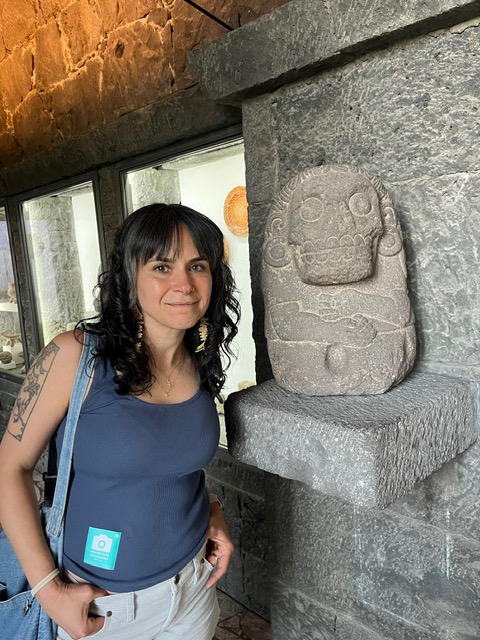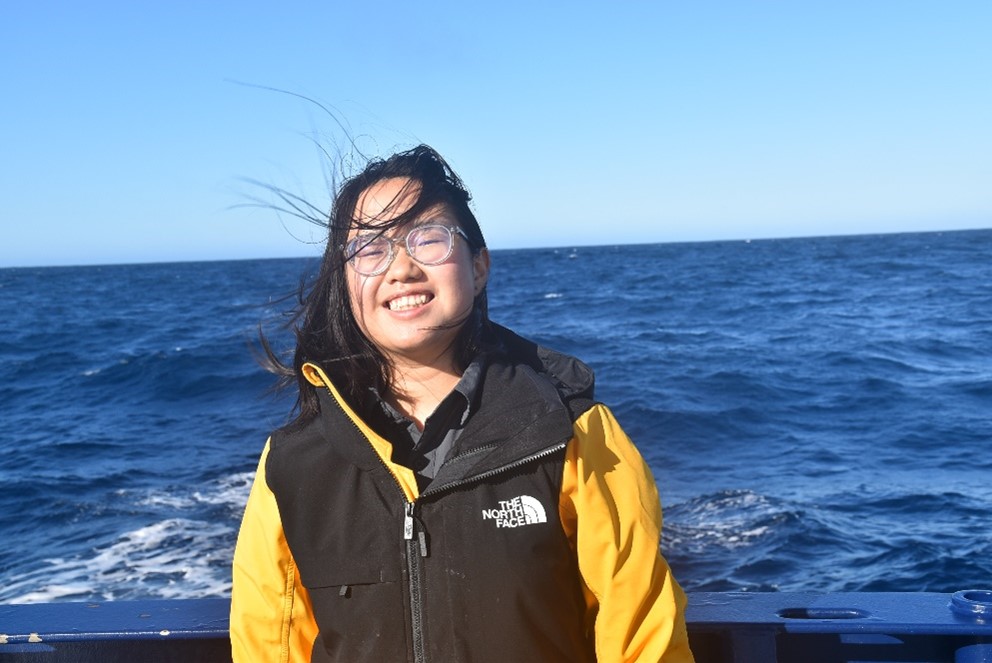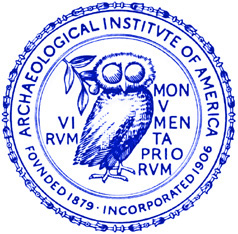Toni Gonzalez: Biography
Toni Gonzalez is a Ph.D. candidate in the Anthropology Department at UCSB. Her research interests include human/environment interactions, socio-ecological knowledge, sacred geography, Indigenous archaeology, and environmental archaeology. Her dissertation research has been conducted at the ancient Maya site of La Milpa, Belize. In this project, Toni explores the connections between the ontological frameworks of landscapes, which are considered living entities that encompass material culture and ancestral spirits, and the Indigenous practices and relationships that embody and acknowledge the past in the present. Her current work in the Repository for Archaeological and Ethnographic Collections at UCSB entails overseeing all geographical information systems (GIS) projects; handling communication and data security contracts with the Central Coast Information Center at the Santa Barbara Museum of Natural History; performing curatorial duties and maintenance; drafting federal notices, inventories and summaries; and ensuring compliance with federal and state NAGPRA guidelines.
Toni Gonzalez: Project Summary
Toni is currently engaged in a fascinating research project for her dissertation, which involves investigating a problem in the archaeological record of the Maya lowlands that has been historically overlooked and misunderstood. Despite the rich history of Maya archaeology, little attention has been given to some of the more minor, less prominent features that could better inform our understanding of the ancient Maya. Her project focuses on studying chultuns, small, artificial subterranean cave-like spaces with significant social and cosmological significance in the Maya landscape. By examining these features, her project aims to contribute to new, emerging alternative approaches in archaeology. To conduct the necessary research for her dissertation, Toni has been conducting archaeological fieldwork at the Classic Period (250CE-900CE) Maya site of La Milpa, Belize. Her focus has been on Mulch’en Witz (Yucatec Maya for Hill with Many Caves), located within the site core. In this project, she investigates the intricate relationships between ontological frameworks of landscapes as vital entities that encompass material culture and ancestral spirits and the Indigenous practices and relationships through which the past is embodied and known in the present. Her investigation combines archaeological excavation with the study of Mayan language texts, providing a holistic approach to understanding the ancient Maya. This project also aims to answer the question of why the past matters and to whom it matters. By studying resilient Maya cultural understandings of land, materiality, and history, this project sheds light on how the past informs present-day ways of life.

Zi-Qi Chew: Biography
Zi-Qi is a PhD student in the Department of Anthropology at the University of California, San Diego. Originally from Malaysia, Zi-Qi received her B.A. in Taiwan. Her research focuses on the long history of human interaction with the marine environment since the Last Glacial Maximum (~23 ka BP). Specifically, she studies the history of human activities in the Taiwan Strait—a narrow waterway separating Taiwan from mainland China that was exposed as land during the LGM. She is currently approaching this topic by studying fish remains from the region using interdisciplinary methods. In the future, she wishes to expand her research to adjacent areas of the submerged and shallow continental shelf in East Asia and Southeast Asia.
Zi-Qi Chew: Project Summary
Zi-Qi’s current research aims to study the complex relationship between fish resource availability and prehistoric fisheries through a comparative analysis of fish otoliths (commonly known as fish ear bones) obtained from marine sediments and existing archaeological collections. She conducts fieldwork research in Taiwan to analyze fish otoliths from marine sediment cores collected in the Taiwan Strait to construct a robust ecological and marine environmental record with high resolution dating. By comparing the newly obtained data with existing archaeological otolith collections, Zi-Qi aims to identify the underlying factors responsible for observed changes in archaeological assemblages.

